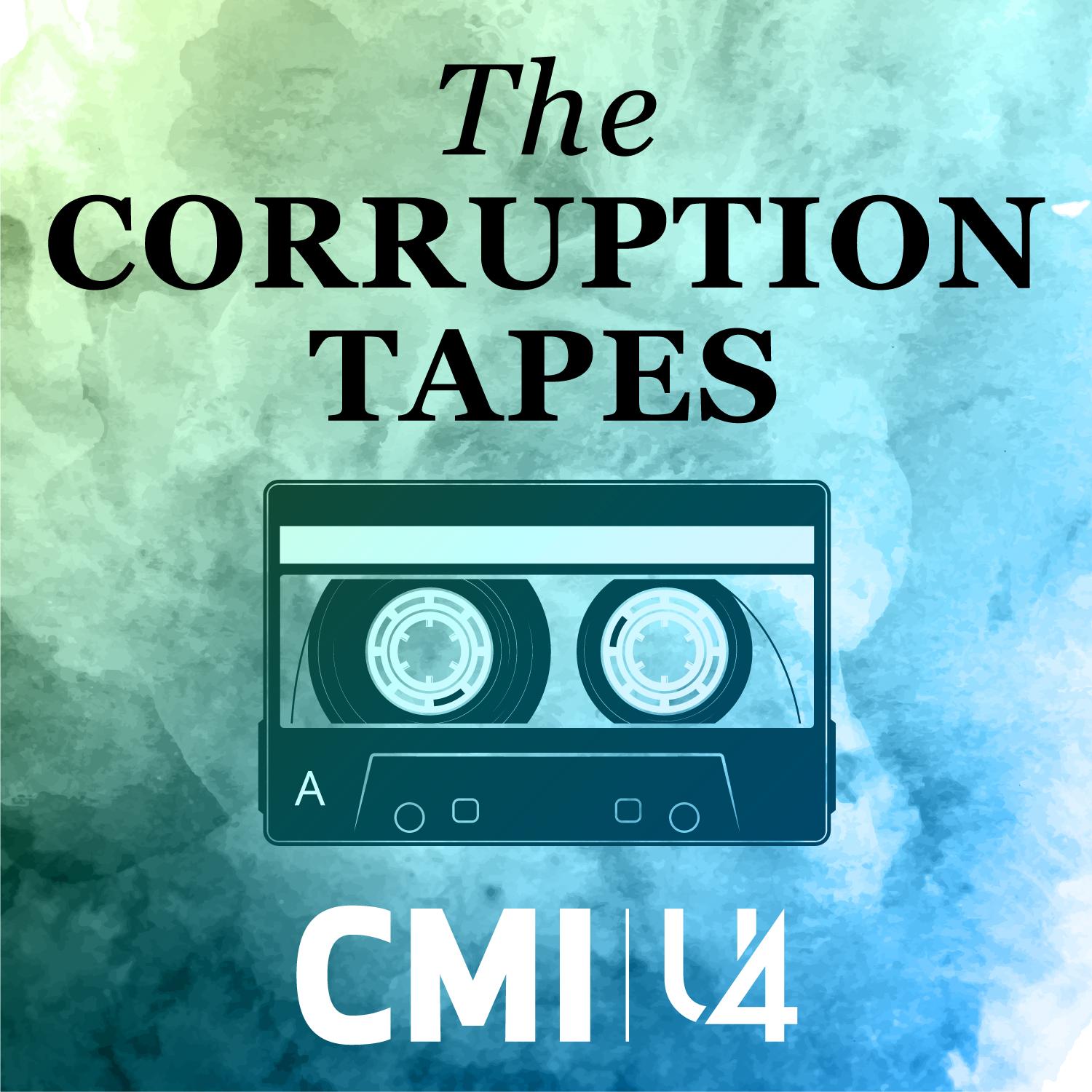Forest rangers sometimes come under heavy pressure to conform to the ‘corrupt rules of the game’ at the frontlines of conservation. But instead of simply focusing on corrupt behaviours, it is about time we address the systemic flaws and power structures that lay the ground for corruption in conservation, argue Aled Williams and Anwesha Dutta in the first episode of the Corruption Tapes podcast.

Episode 1: Rangers at the frontline of corruption and anti-corruption. Available on Soundcloud and Spotify (21 minutes).
Forest rangers are frontline workers in efforts to protect forests from illegal logging and often irreparable damage. Far from being able to count on everyone’s support, they can find themselves caught between demands from authorities, expectations from local communities, and criminal networks involved in illegal trades.
Rangers are in some ways no different from police officers or lawyers. Corruption is often a part of their institutional landscape and forest rangers can come under heavy pressure to engage in corrupt behavior. But they can also be part of the solution if the conditions are right, says Aled Williams at the U4 Anti-Corruption Resource Centre.
Launching the Corruption Tapes podcast
Williams is research coordinator for the Targeting Natural Resource Corruption (TNRC) project, a joint effort involving the U4 Anti-Corruption Resource Centre at CMI, the World Wildlife Fund-United States (WWF-US), TRAFFIC, and TraCCC at George Mason University. The project is funded by USAID, and its overall goal is to strengthen USAID’s efforts and the efforts of a wider community of stakeholders to improve natural resource management outcomes by reducing threats posed by corruption.
The TNRC team are now launching a podcast series on corruption in the natural resources sector where Williams and team members Anwesha Dutta, Camila Gianella and Sophie Lemaître invite practitioners to conversations about some of the most pressing anti-corruption issues in the world of biodiversity and conservation.
In the first episode, Williams and Dutta discuss forest rangers’ work conditions and the challenges they face with Rob Parry Jones and Rohit Singh from WWF.
Reducing corruption risks
A recent WWF World Ranger Survey has mapped working conditions for more than 7000 rangers from across 28 countries. It finds that 80% of forest rangers deem their job to be dangerous, that many do not get adequate training, and that they are poorly paid. According to Dutta, who has done extensive research in national parks in India, these conditions come on top of having to navigate complex power structures and negotiating good relations with members of the local community.
-There have been instances of forest rangers acting as gatekeepers and levying taxes or collecting bribes to give the local community access to resources in protected areas. They claim that they do this to symbolically exert their authority, but also to make sure that the use of the resources in the forest is restricted. The rangers cannot simply cut off ties with the local community. They depend on a good relationship with its members to secure positive conservation outcomes, says Dutta.
WWF's survey findings highlight that rangers are at the frontline of corruption and anti-corruption in conservation: 6 out of 10 rangers surveyed were worried about their safety if reporting corruption, while 83% noted that they would report corruption is their safety was not compromised.
In the podcast, Dutta discusses shifting the focus to the overarching systems that facilitate and sometimes even encourage corruption in conservation. In this light, some of the most crucial questions to ask are which measures can be put in place to prevent corruption risks, and what support mechanisms can be established to make sure that rangers have more favorable working conditions and can safely report corruption?
Tune into the Corruption Tapes podcast for a fresh approach to the debate on how to tackle the devastating effects of corruption on conservation! Available on Soundcloud and Spotify.
For more resources, see:

The podcast is made possible by the generous support of the American people through the United States Agency for International Development (USAID). The contents are the responsibility of the author(s) and do not necessarily reflect the views of USAID, the United States Government, or individual TNRC consortium members.